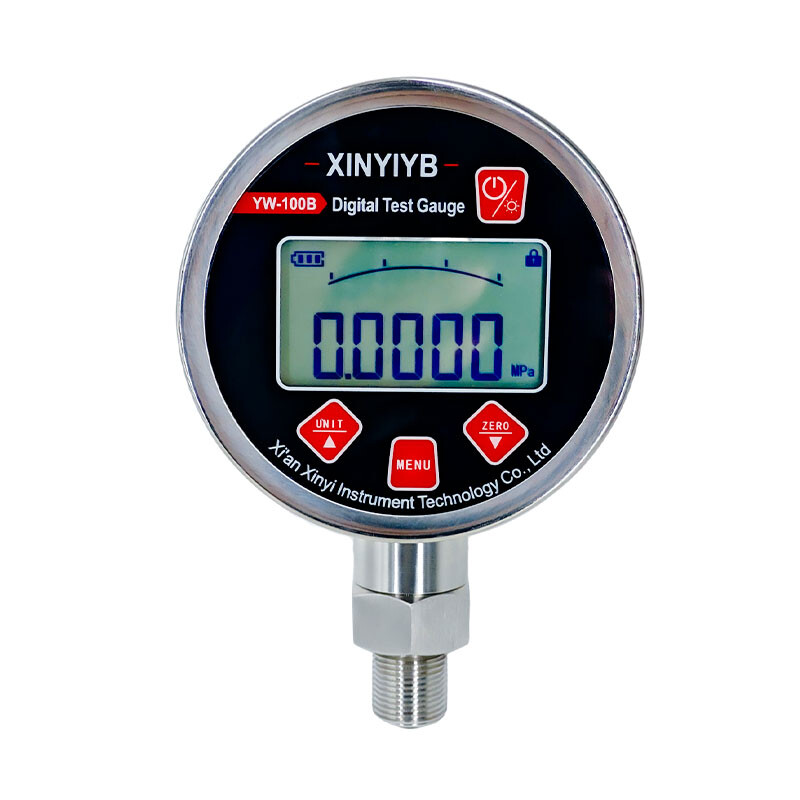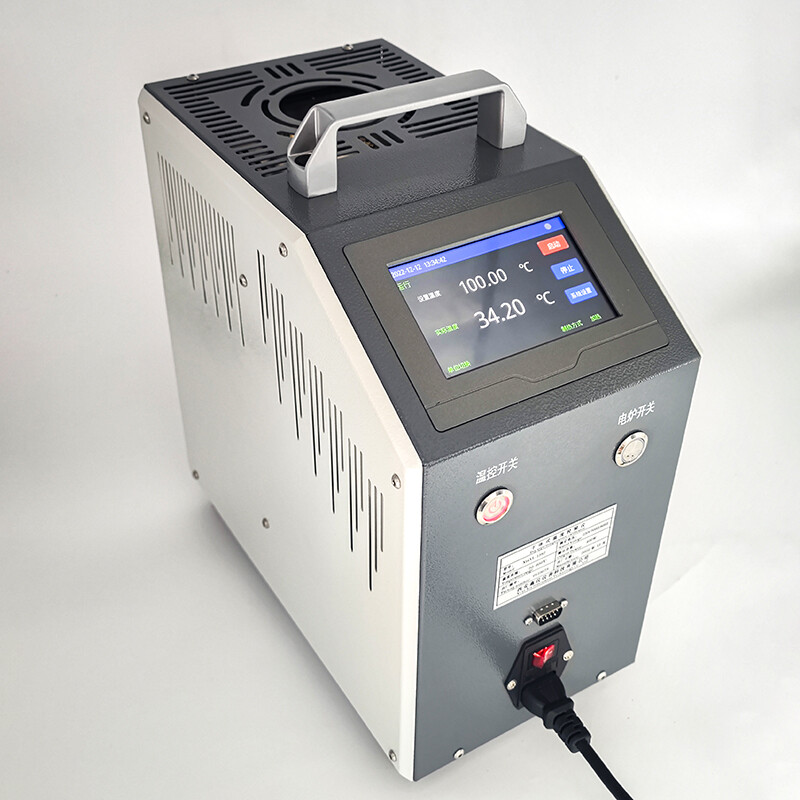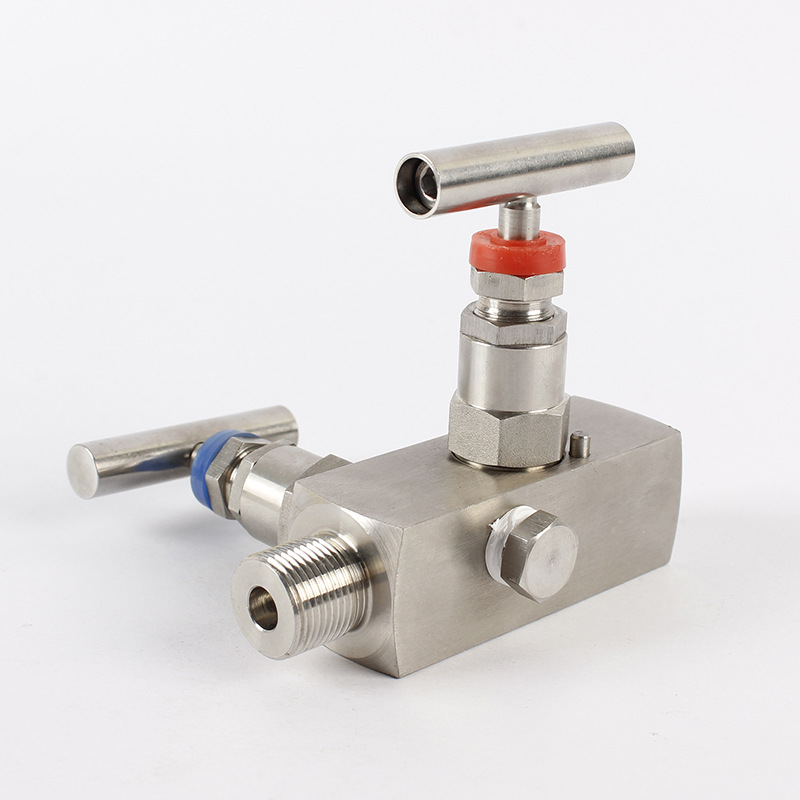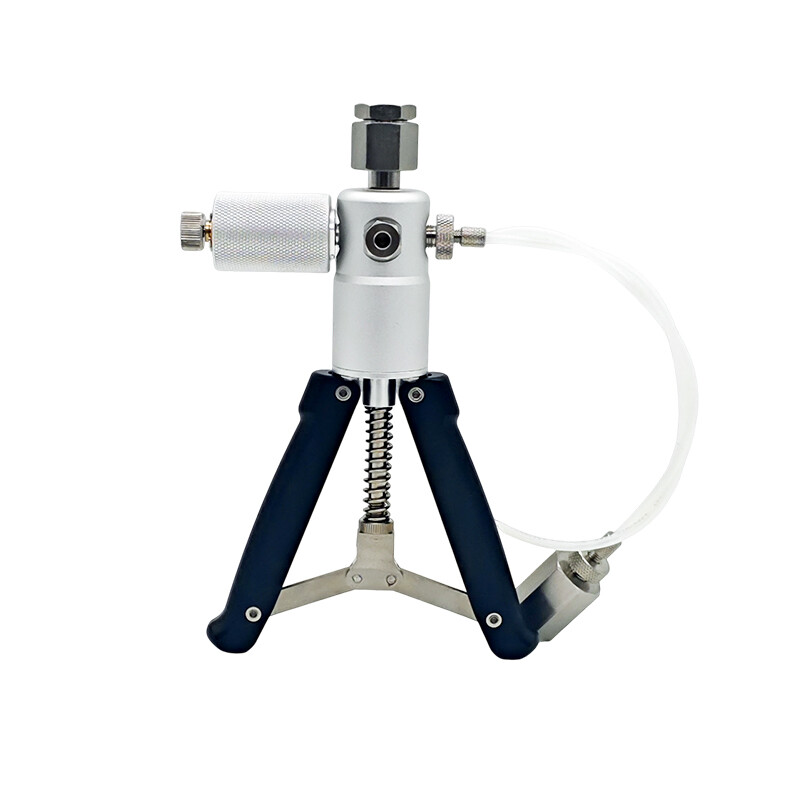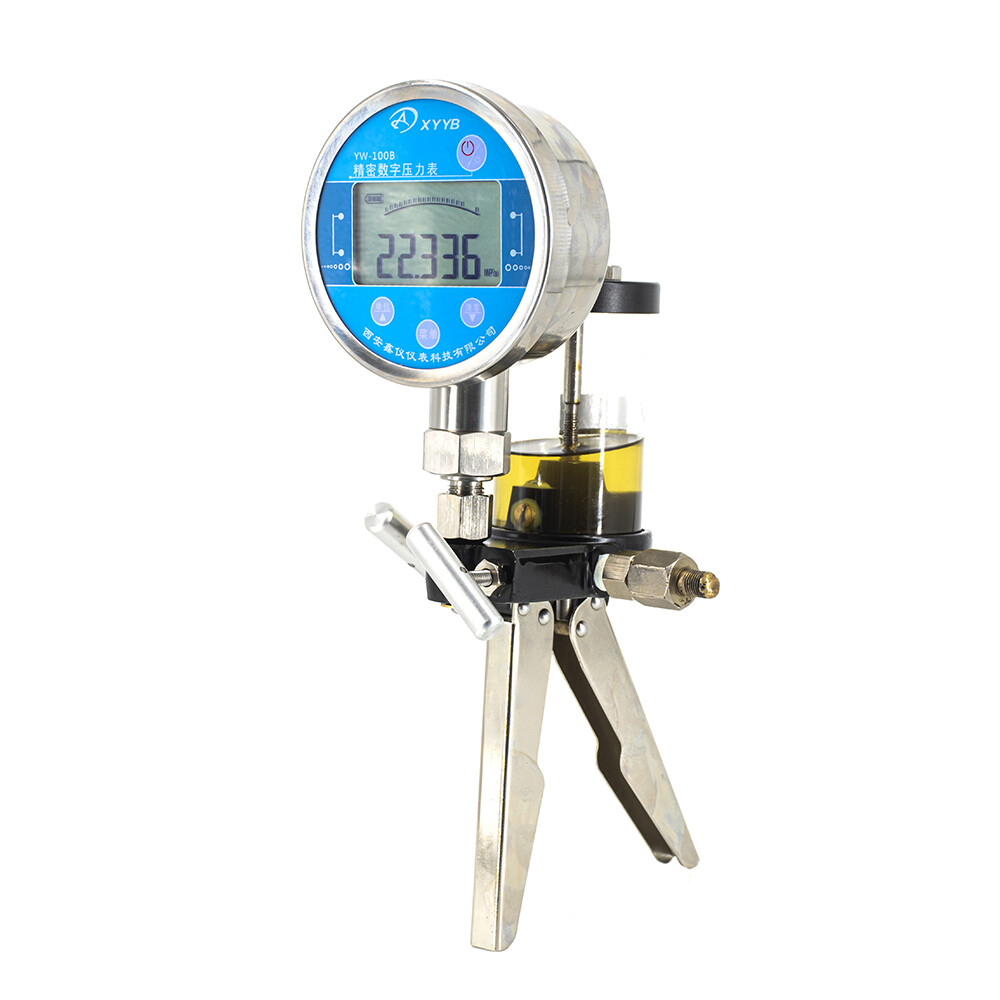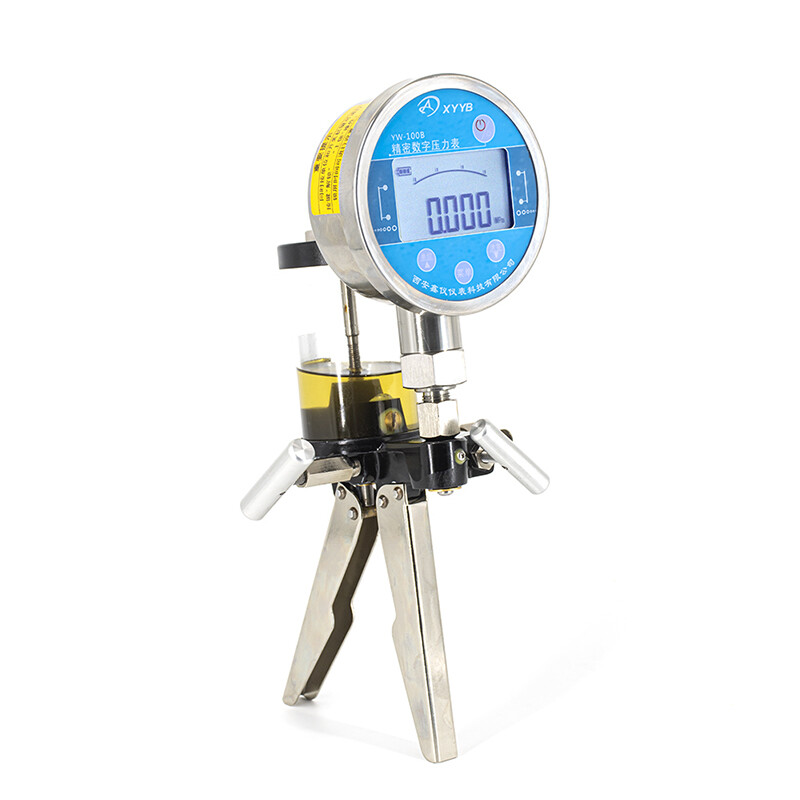Accuracy------Digital pressure gauges are far more accurate than analog gauges.
Analog gauges-The rule of thumb with analog pressure gauges is that when the operating pressure of the system is normal, the needle should be pointing straight up or in the “twelve o’clock” position. So since the accuracy of most dial pressure gauges is best in the middle third of a gauge, you have to always select a gauge with a range that is about twice your normal operating pressure.
Digital gauges – The rule of thumb with digital pressure gauges is that you match the maximum pressure that you are measuring to the pressure of the gauge. Standard accuracy for Cecomp digital pressure gauges is 0.25% of the full scale of the gauge but most ranges are available at 0.1% accuracy so you will automatically have better accuracy since the range is only what you are measuring NOT twice the normal operating pressure.
Readability
Analog gauges are often misread due to a parallax issue (the phenomenon whereby a gauge dial appears to the user to be in one position from one angle and a different position from a different angle)
Digital gauges have a digital readout so there are no parallax problems and no counting hashes when taking a reading.
Repairability-------Should a digital gauge be physically damaged (ie, punctured display or faceplate/keypad) the calibration is typically not affected and they can be repaired at a nominal cost.
Durability------Due to the solid state design, digital pressure gauges can be used in high vibration applications. The display will hold steady while an analog gauge needle may bounce around and make it difficult to take an accurate reading.
Engineering units------Analog gauge engineering units are not changeable in the field. The dial face must be reprinted and replaced to change engineering units. Cecomp digital pressure gauges are available with microprocessors that allow the user to change engineering units, set the battery on/off time, as well as digitally calibrate the gauge.
Calibration
Digital gauges will withstand considerable shock, vibration, and abuse without losing calibration. Analog gauges are most often “out of calibration” after the first time they are dropped or banged around.
Digital pressure gauges, due to the superior accuracy, are often used as “gauge standards” to test analog gauges to determine that they are in calibration and if they are operating properly. The rule of thumb for checking instruments is a 4:1 ratio. Since analog gauges are most often 2% (or worse) accuracies, a 0.25% digital gauge is more than accurate enough for this purpose.
Cost
Analog gauges are less expensive initially; however, analog gauges fail often and are unreliable when subjected to shock and normal abuse. It is often necessary to buy several gauges per year. Digital gauges, if properly maintained, will last several years.
Chat Online


